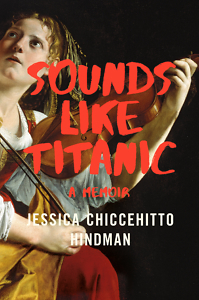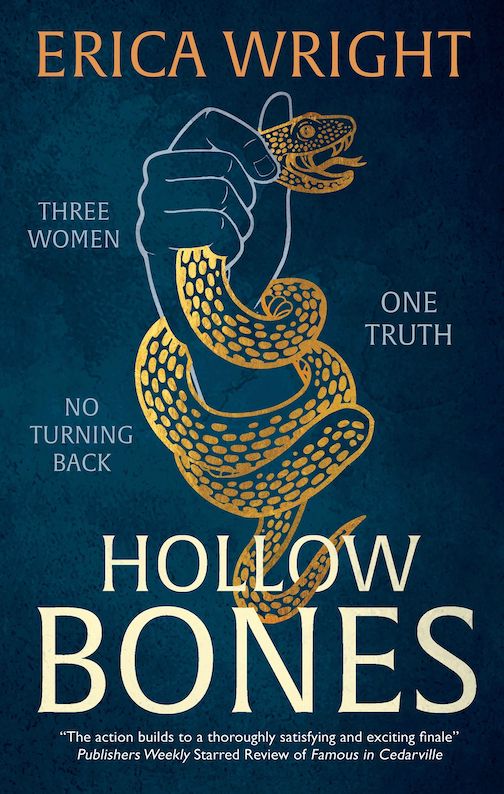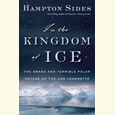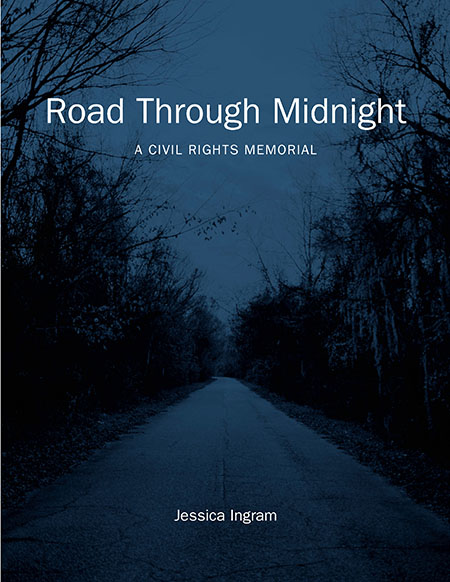True Memoir of a False Life
A real musician becomes a bogus performer in Sounds Like Titanic
In the early 2000s, the publishing world was roiled by a pair of highly touted memoirs — James Frey’s A Million Little Pieces and Margaret Seltzer’s Love and Consequences — that turned out to be phony. Frey had invented and exaggerated details in his book, while Seltzer had made hers up from whole cloth. It was during this span that Jessica Chiccehitto Hindman was working as a fake concert violinist. Now, years later, she’s written a true memoir about that false life in her witty, vivid début, Sounds Like Titanic.

Hindman structures the book around a 2004 tour with an ensemble led by a man she calls The Composer, world-famous and shady, whose musicians hawk CDs and perform for senior audiences. Hindman genuinely plays violin, but there’s a catch: The Composer amps in polished, pre-recorded arrangements, including variations on songs from the film Titanic, such as Céline Dion’s schmaltzy ballad, “My Heart Will Go On.”
When Hindman signs on with The Composer, she thinks she’s realizing her dream of becoming a concert violinist, but she quickly learns she’s part of a scam and dubs herself “Milli Violini.” The Composer annoys her with his eccentric behavior. He calls her “Melissa” rather than “Jessica,” fails to recognize the opening to Beethoven’s Symphony No. 5, and holes up in the back of his RV with his keyboard, subsisting on bowls of Cap’n Crunch. The tour meanders back and forth across the country, from New England to New Orleans to San Diego, and Hindman stays on, dispirited but desperate for a paycheck.
Interspersed with this account is her more evocative backstory, which is told in second person, a narrative strategy that both distances her from her painful past and implicates the reader in her tale. Hindman, the daughter of a doctor in rural West Virginia, becomes enthralled by the violin after hearing Vivaldi in a child’s cartoon. On her eighth birthday her parents give her a starter instrument, “the thing you have most wanted, the shield against mountain fog, the talisman against fake, corncob-colored sunshine.”
 As a teenager she sets her sights high, matriculating at Columbia University, where she covers tuition costs by selling her eggs to a fertility clinic. Eventually Hindman acknowledges that she isn’t talented enough to major in music, choosing Middle Eastern studies instead. (In an absorbing set piece, she depicts her semester abroad in Cairo where, on September 11, 2001, she finds herself “defending George W. Bush to Egyptians who suddenly think he is Hitler, blasting him over email to Americans back home who suddenly think he is Jesus.”)
As a teenager she sets her sights high, matriculating at Columbia University, where she covers tuition costs by selling her eggs to a fertility clinic. Eventually Hindman acknowledges that she isn’t talented enough to major in music, choosing Middle Eastern studies instead. (In an absorbing set piece, she depicts her semester abroad in Cairo where, on September 11, 2001, she finds herself “defending George W. Bush to Egyptians who suddenly think he is Hitler, blasting him over email to Americans back home who suddenly think he is Jesus.”)
Sounds Like Titanic is reminiscent of J.D. Vance’s Hillbilly Elegy and Sarah Smarsh’s Heartland, but Hindman’s book is seasoned with hilarity and rendered in light yet supple prose. Beneath her humor, though, a fury seethes, and here the memoir dazzles with its insights. At Columbia she encounters money and privilege unlike anything she’s imagined, a rebuke to her own Appalachian milieu:
Let us say that the kids in your high school – the ones who dropped out to work nights at the chicken plant, the ones who were snatched up by the tables of Army recruiters in your high school’s main corridor, the ones who disappeared into pregnancy, vocational school, alcohol, or drugs – would probably have never chosen you to be their voice, but that you spoke for them anyway…Let us confess that you were better able to see these injustices now that you were, for the first time in your life, the person whom others thought of as poor.
Hindman’s commentary resonates as she wades into social debates often neglected by the chattering class. Ultimately, she brings us back to her passion for the violin: her compass, and ours, through a beguiling story, a meditation on the dogged pursuit of artistic fulfilment. “Pianos, winds, percussion – they have keys waiting to be hit. But to produce a pure sound on a violin is to search for it in a haystack of squeals, scratches, and sour notes.”

Hamilton Cain is the author of This Boy’s Faith: Notes from a Southern Baptist Upbringing and a frequent reviewer for O, the Oprah Magazine; the Minneapolis Star Tribune; and The Barnes & Noble Review. A native of Chattanooga, he lives in Brooklyn, New York.


